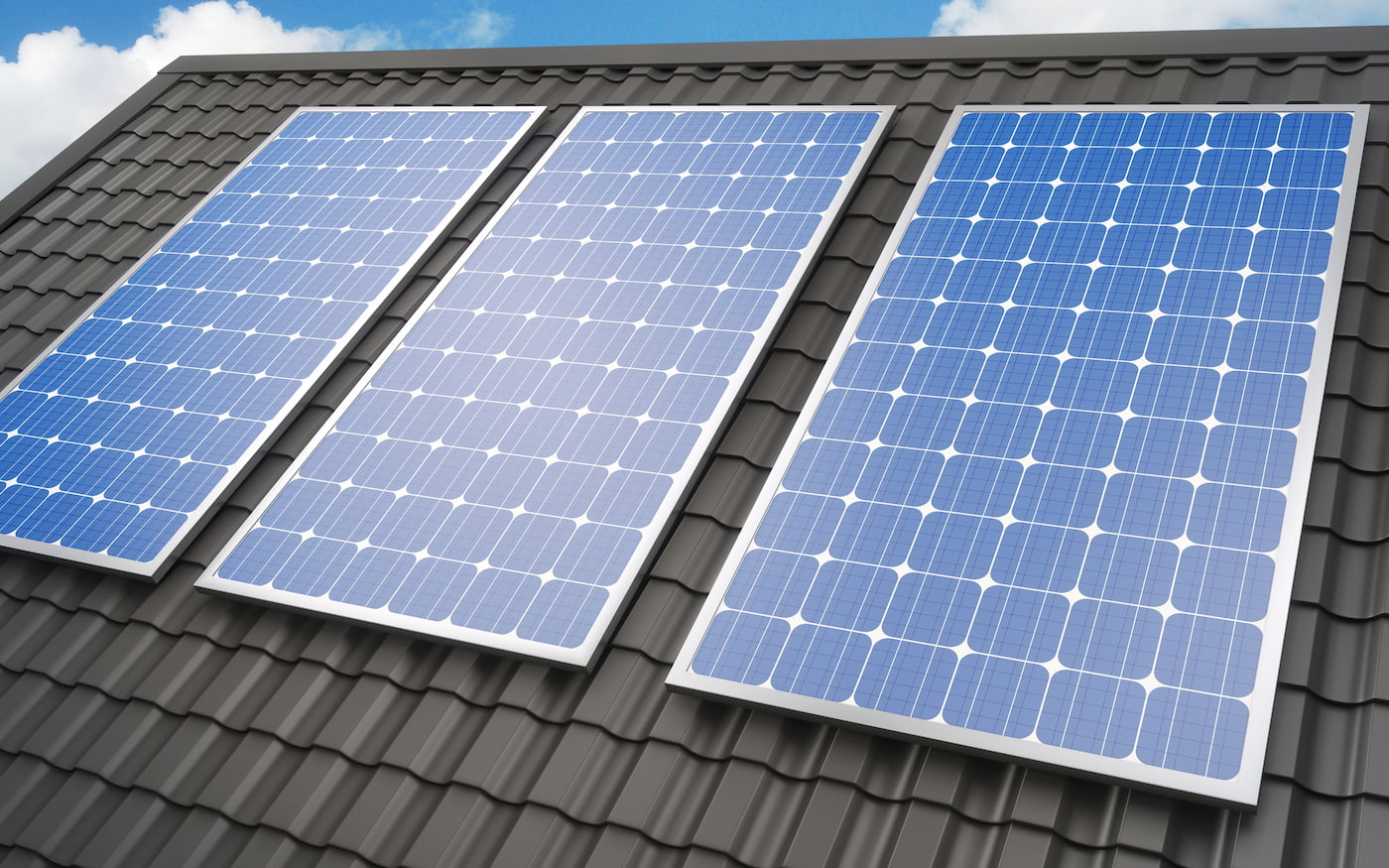Having dedicated, working heating measures will help to keep your home comfortably warm, without overheating and wasting energy. By having an effective boiler, wall and roof insulation or using renewable energy, you can also save vast amounts of money on your bills and lower your carbon emissions.
It’s because of this that the UK Government offer boiler replacement and insulation grants through the ECO scheme – eligible homeowners can claim grants for the work, ensuring that them saving money does not have to cost them money.
And this is where we can help. Here at CT Eco and Heating, we are professional gas boiler and insulation installers who have helped many people to improve their energy efficiency. Whether through the ECO scheme or not, we can say with some confidence that upgrading your boiler and insulation will help you to save on your energy bills.



